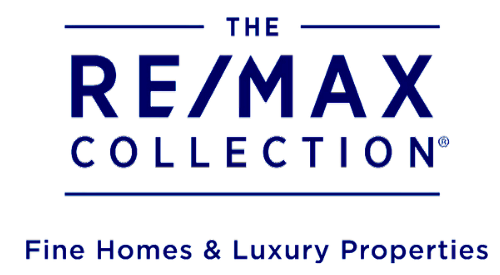Most new home developments have HOAs and covenants. Covenants are rules and guidelines that a homeowner must abide by in a neighborhood. HOAs charge homeowners fees to enforce covenants, maintain parts of the neighborhood or even maintain the houses themselves. HOAs and covenants are almost always attached to condos and townhomes, and many single-family houses as well.
If you buy an older home you may find there is no HOA, especially on Marco Island, but you will still have to follow local government rules. There are pros and cons to HOAs and covenants, some people like the rules because it keeps the neighborhood looking nice, while others do not like someone telling them what they can and cannot do. There can also be some huge surprises when you own a property in an HOA that we will talk about.
Related: Is it Mandatory to Join the HOA?
What to Know About an HOA
Most newer subdivisions have an HOA and covenants. The local government also has rules and regulations for what can and cannot be built within subdivisions. The HOAs enforce the covenants they create and they also maintain any common areas in the subdivisions. Almost all new subdivisions will have some form of common grass, walking areas, roads, fences, etc. that are not maintained by the city or county but are also not part of anyone’s lot. Someone must maintain that property, and the HOA is who is responsible.
Keeping Up Appearances
The HOA will need to have people who can look for violations, account for fees, and approve any new projects. With newer subdivisions, if you want to build a garage, a shed, change your landscaping or even change the paint color on your home, you might have to get approval from the HOA. The covenants will help guide the HOA on whether they should approve new projects or paint colors.
Let Someone Else Do That
HOAs have much more responsibility in condo or townhomes developments. The HOA will often take care of and oversee a clubhouse, all the landscaping, and all the snow removal. Patio homes are detached homes but the landscaping and sometimes the exterior of the homes are maintained by the HOA. It is like having a condo but no neighbors attached.
Liens, Fines and Regulations, Oh My!
HOAs are handled differently in every state, but most HOAs have the right to enforce their rules with fines. If the homeowner does not pay the fines, the HOA can place a lien against their house. If the homeowner does not pay the HOA dues, a lien can be placed against their house as well. When a lien is placed on a home, the home usually cannot be refinanced or sold until that lien is paid off. A lien can also show up on someone’s credit and prevent them from getting a car loan or buying another house. Of course, just paying on time can avoid all this.
Some people love HOAs and some people hate them. The pros of HOAs are they keep a neighborhood looking clean and force homeowners to maintain their houses. If you live in a neighborhood that has really great-looking houses, except for the house right next to you, it can greatly affect the value of your home. You can tell the difference between neighborhoods with HOAs and those without. Neighborhoods that do not have an HOA, tend to have more outside debris, parked vehicles, and non-conforming houses. Some people love to have the freedom to park all their cars and trailers wherever they like, while others prefer a neighborhood with more restrictions. HOAs also come with higher costs and fees, since the HOA has to charge the homeowners for the service they provide.
Everyone is different so while there really are no hard-and-fast advantages to an HOA it really is a preference. For more information on Marco Island homes with an HOA or those without, contact my office at any time. I know the area and can direct you to the right house for your needs.
Read More: Is the Florida Real Estate Market Slowing Down?

















